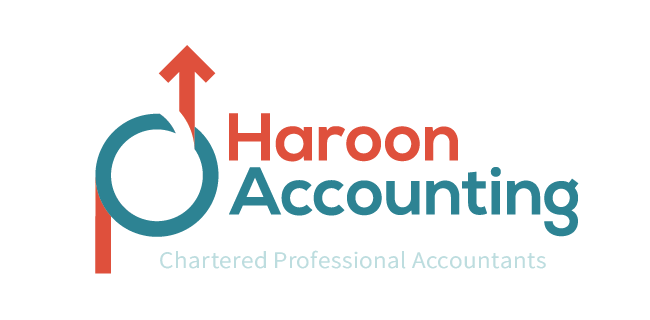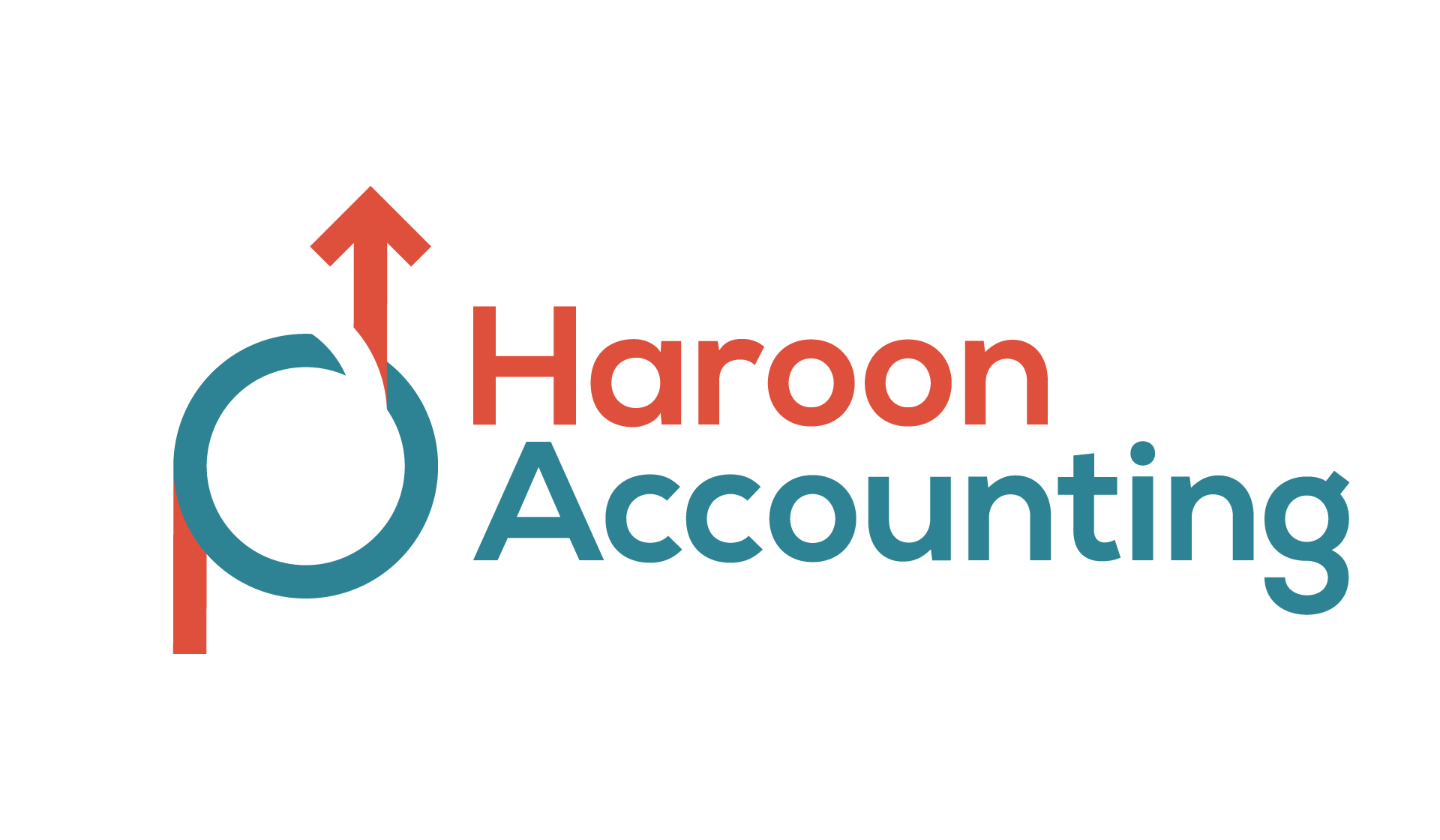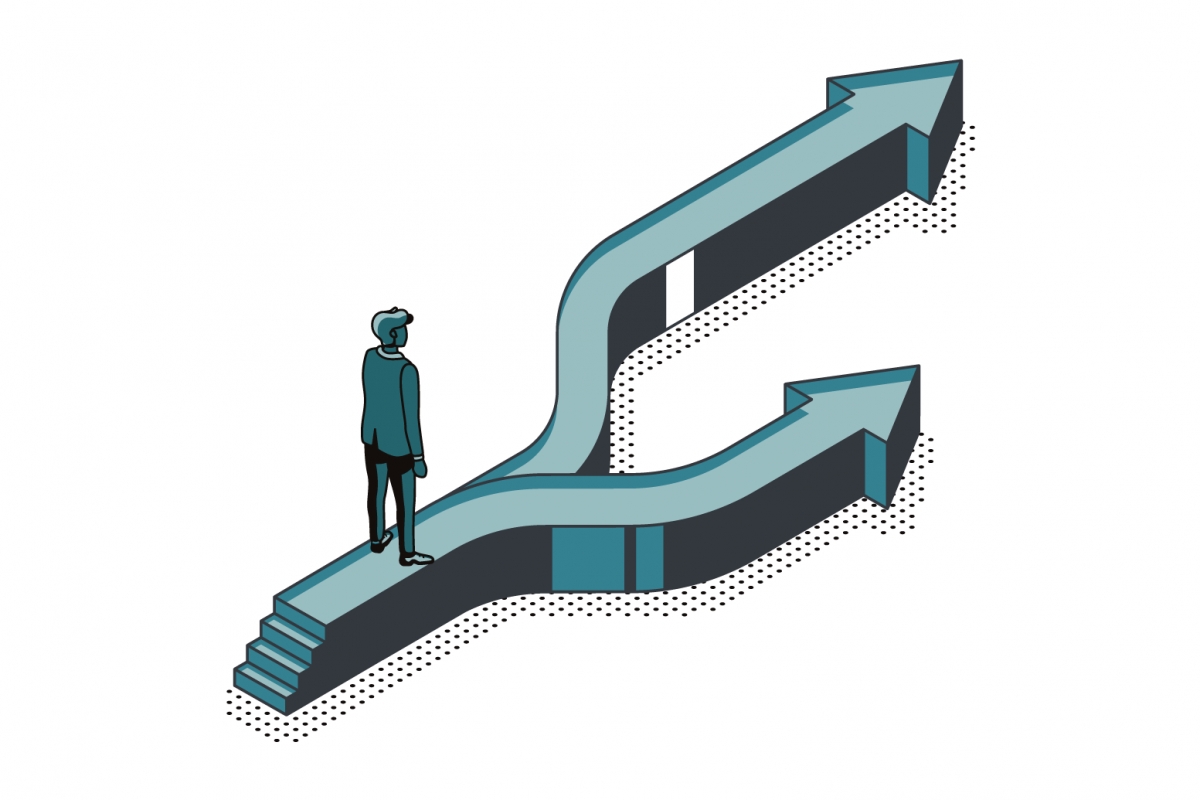Overview
The federal government announced on August 20 three temporary recovery programs which will be introduced to support the income of Canadian workers effective September 27, 2020 – The Canada Recovery Benefit (CRB), the Canada Recovery Sickness Benefit (CRSB) and the Canada Recovery Caregiving Benefit (CRCB). In addition, the federal government is making changes to increase worker access to Employment Insurance (EI) benefits. Details on these new recovery programs, along with the modified EI program are outlined below.
Canada Emergency Response Benefit (CERB)
CERB will be extended by an additional four-week period (August 30 – September 26). This will be the final extension of CERB benefits before the transition to a new suite of recovery benefits effective September 27, 2020.
Employment Insurance (EI)
The federal government will be transitioning to a simplified EI program effective September 27, 2020. To assist individuals to qualify with a minimum of 120 hours of work, EI claimants will receive a one-time insurance hours credit of:
- 300 insurance hours for claims for regular benefits (Job loss)
- 480 insurance hours for claims for special benefits (i.e., Maternity leave, Sickness)
The hours credit will be available for new EI claims for one year and will also be made retroactive to March 15, 2020 for claimants who were looking to transition early from the CERB to EI.
The minimum benefit rate will be $400 per week for at least 26 weeks of regular benefits.
Canada Recovery Benefit (CRB)
The new Canada Recovery Benefit will be effective from September 27, 2020 for one year and would provide a benefit amount of $400 per week for up to 26 weeks to workers who are not eligible for Employment Insurance benefits.
The CRB would be available to residents in Canada who:
- Have a valid Social Insurance Number and are at least 15 years old
- Have been forced to stop working due to COVID-19 pandemic and are available and looking for work
- Are not eligible for Employment Insurance (EI) Benefits (for example, if they have exhausted EI benefits during COVID-19)
- Have not stopped working voluntarily
- Had employment or self-employment income of at least $5,000 in 2019 or 2020
Individuals would be able to earn income from employment and/or self-employment while receiving the benefit, as long as they continue to meet all other requirements. However, claimants would need to repay some or all of the CRB benefit through their income tax return if their annual net income, excluding the CRB, is over $38,000 for 2020. The rate of CRB repayment will be at 50 cents for every dollar earned above $38,000. Applications for the CRB can be made between October 2020 and October 2021, for eligible claimants.
Canada Recovery Sickness Benefit (CRSB)
The CRSB provides income support for workers that are sick or must self-isolate due to COVID-19. The benefit will offer $500 per week for up to two weeks and cannot be received while claimants are also taking paid sick leave. Furthermore, claimants would need to have missed a minimum of 60% of their scheduled work in the week which they claim the benefit. There is no requirement to have a medical certificate to qualify for the benefit. The CRSB will be available September 27 and will be paid in arrears.
The benefit would be available to claimants who:
- Have a valid Social Insurance Number and are at least 15 years old
- Were employed or self-employed at the time of the application; and
- Had employment or self-employment income of at least $5,000 in 2019 or 2020
Claimants would apply after the one-week period in which they are seeking income support and attest that they meet the requirements. The benefit would taxable.
Canada Recovery Caregiving Benefit (CRCB)
The CRCB is a temporary program for workers who must miss work to care for a child under the age of 12, a family member or dependent because schools, daycares or day program facilities are closed due to COVID-19. This benefit offers $500 per week for up to 26 weeks per household. It may be shared, but only one member of a household at any time can receive the benefit at a time. Workers who prefer to keep dependents at home when facilities are open are not entitled to the benefit, which is effective September 27 and paid in arrears too.
In order to be eligible for the Canada Recovery Caregiving Benefit, individuals would need to:
- reside in Canada;
- be at least 15 years of age on the first day of the period for which they apply for the benefit;
- have a valid Social Insurance Number;
- be employed or self-employed on the day immediately preceding the period for which the application is made;
- have earned at least $5,000 in 2019 or in 2020;
- have been unable to work for at least 60% of their normally scheduled work within a given week because of one of the following conditions:
- they must take care of a child who is under 12 years of age on the first day of the period for which the benefit is claimed:
- because their school or daycare is closed or operates under an alternative schedule for reasons related to the COVID-19 pandemic;
- who cannot attend school or daycare under the advice of a medical professional due to being at high risk if they contract COVID-19; or
- because the caregiver who usually provides care is not available for reasons related to the COVID-19 pandemic; or
- they must provide care to a family member with a disability or a dependent:
- because their day program or care facility is closed or operates under an alternative schedule for reasons related to COVID-19;
- who cannot attend their day program or care facility under the advice of a medical professional due to being at high risk if they contract COVID-19; or
- because the caregiver who usually provides care is not available for reasons related to the COVID-19 pandemic;
- they must take care of a child who is under 12 years of age on the first day of the period for which the benefit is claimed:
- not be in receipt of paid leave from an employer in respect of the same week; and
- not be in receipt of the CERB, the EI Emergency Response Benefit (ERB), the Canada Recovery Benefit, the Canada Recovery Sickness Benefit, short-term disability benefits, workers’ compensation benefits, or any EI benefits or Quebec Parental Insurance Plan (QPIP) benefits in respect of the same week.


